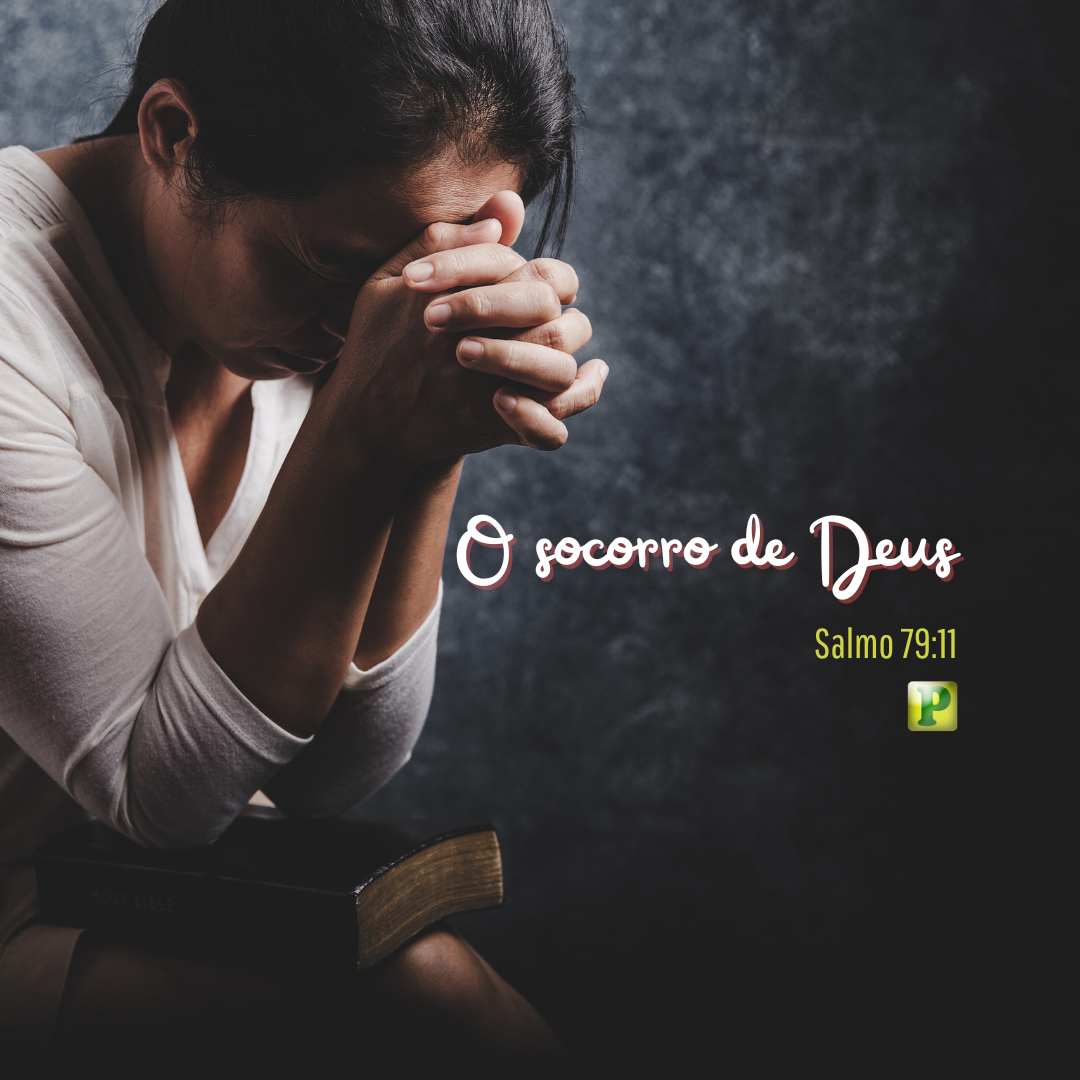The day the Lord made – Preaching
Preaching Outline on Psalm 118:18-24 – The Lord has punished me greatly, but he has not given me over to death. Open to me the gates of righteousness; I will enter through them and praise the Lord. This is the gate of the Lord, through which the righteous will enter. I will praise you, for you have heard me and become my salvation. The stone that the builders rejected has become the head of the corner.
Introduction to Psalm 118:18-24
Brothers and sisters, Psalm 118 is a command of praise, gratitude and faith in the Lord. It encourages us to celebrate God’s faithfulness in the face of trials, redemption and ultimate victory. Today, we will explore three wonderful aspects of verses 18 to 24 that point to God’s powerful work in human history and in our lives. We will reflect on how God disciplines us, opens paths to salvation and invites us to rejoice in the day he has prepared.
The Lord’s discipline and victory over death
Verse 18: “The Lord has punished me greatly, but he has not put me to death.”
This verse reminds us that God, in his wisdom, allows times of trial for a purpose: to shape our character and lead us to victory.
Jesus Christ is the greatest example. He suffered deeply on the cross, bearing the sins of humanity. Yet death had no dominion over him. Through his resurrection, Jesus triumphed over sin and death, opening up a new and living path for all of us. Just as God did not hand Jesus over to death for good, neither will he abandon us in life’s struggles. He is with us, disciplining us with love so that we can grow in holiness and inherit eternal blessings.
When we face difficulties, remember that God is working on us. He will never allow us to go through anything we can’t bear, and His goal is always to lead us to victory.
The door to Salvation – Jesus, the open road
Verse 20: “This is the gate of the Lord, through which the righteous shall enter.”
In this verse we find a prophecy that points directly to Jesus Christ. He himself declared: “I am the door of the sheep” (John 10:7). Jesus’ death and resurrection are the “door” through which all who believe can reach God’s presence. This door was opened at Calvary, where Jesus shed his blood to reconcile us to the Father.
In the Old Testament, the people of Israel needed mediators – priests, sacrifices and rituals – to approach God. But now, through Jesus, we have direct access to the throne of grace (Hebrews 4:16). This door has not only remained open; it remains wide open for all those who wish to enter by faith.
Today, we are invited to pass through that door. We cannot enter by our own merits, but only by God’s grace, received through faith in Jesus Christ. May we stand firm in this truth and live as people who have already crossed the threshold of salvation.
The day the Lord made – A call to joy
Verse 24: “This is the day that the Lord has made; let us rejoice and be glad in it.”
This verse is a celebration of the present time, an invitation to recognize that every moment of our lives is under God’s sovereign providence. But here, we will explore this “day” in a broader sense, as a representation of God’s eternal plan for humanity.
a) Dawn – The Old Testament
The beginning of time represents the start of humanity’s spiritual journey. During the years of the Old Covenant, God called patriarchs, prophets, judges and kings to walk by his side and guide his people. Jeremiah says that God “woke up early” by sending prophets to the people of Israel (Jeremiah 7:25). Although many were spiritually asleep, God continued to act, preparing the way for the Messiah’s arrival.
b) The Third Hour – The outpouring of the Holy Spirit
The third hour marks the beginning of the Christian era, when the Holy Spirit descended on the early church on the day of Pentecost (Acts 2:15). Peter explained that this was the fulfillment of Joel’s promise: “I will pour out my Spirit on all flesh” (Joel 2:28). This moment marked the awakening of the church, which began to preach the gospel with power and courage, leading multitudes to salvation.
c) The sixth hour – Spiritual darkness
The sixth hour represents periods of spiritual darkness in the history of the church, such as during the Middle Ages, when the Word of God was obscured and faith seemed to fall asleep. However, even in these difficult times, God continued to call faithful men and women to preserve His truth.
d) The ninth hour – Revival
The ninth hour symbolizes new awakenings, when the Holy Spirit is once again poured out on the church. It is the fulfillment of Habakkuk’s cry: “In the course of the years, revive your work, O Lord” (Habakkuk 3:2). In these moments, the church is adorned and prepared to meet the Bridegroom, Jesus Christ.
e) The eleventh hour – The short time
Finally, the eleventh hour represents the last days before Christ’s return. It is the brief time when the church is almost ready to meet the Lord. Even in this last hour, God continues to call people to His work in extraordinary ways. He asks, “Why are you idle all day?” (Matthew 20:6). This is an urgent invitation for everyone to come to the Lord while there is still time.
Conclusion
Dear brothers and sisters, Psalm 118 invites us to celebrate the day that the Lord has made. This day includes all the phases of redemptive history, from biblical times to the last days before Christ’s return. But it also calls us to live joyfully and gratefully in the present, recognizing that God is in control of everything.
May we, like the psalmist, rejoice and be glad in the Lord. May we pass through the door of salvation that Jesus has opened for us. And may we trust that, just as he disciplines us with love, he will also lead us to final victory.
Preaching Outline on Psalm 118:18-24 – The Lord has punished me greatly, but he has not given me over to death. Open to me the gates of righteousness; I will enter through them and praise the Lord. This is the gate of the Lord, through which the righteous will enter. I will praise you, for you have heard me and become my salvation. The stone that the builders rejected has become the head of the corner.




